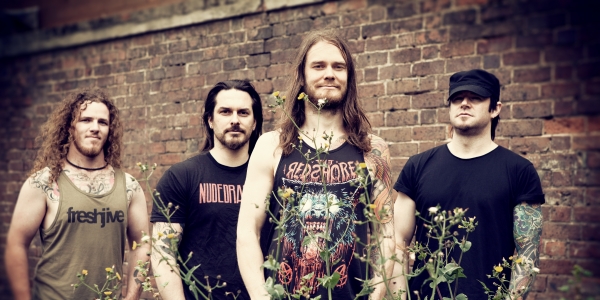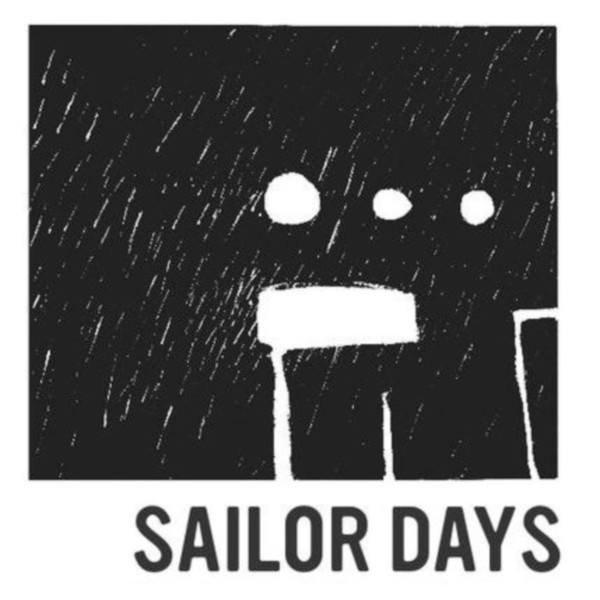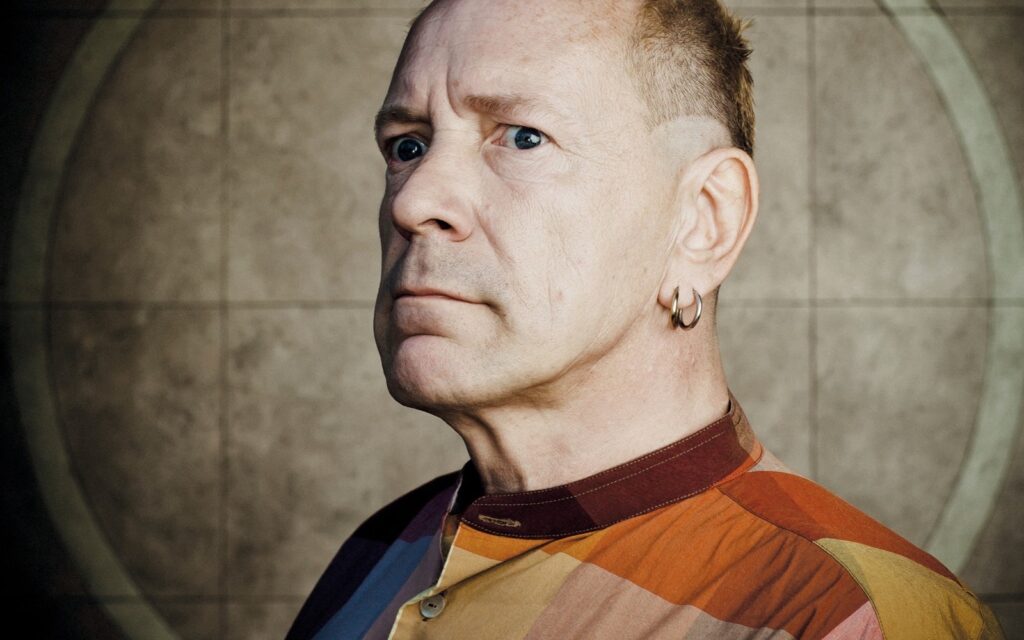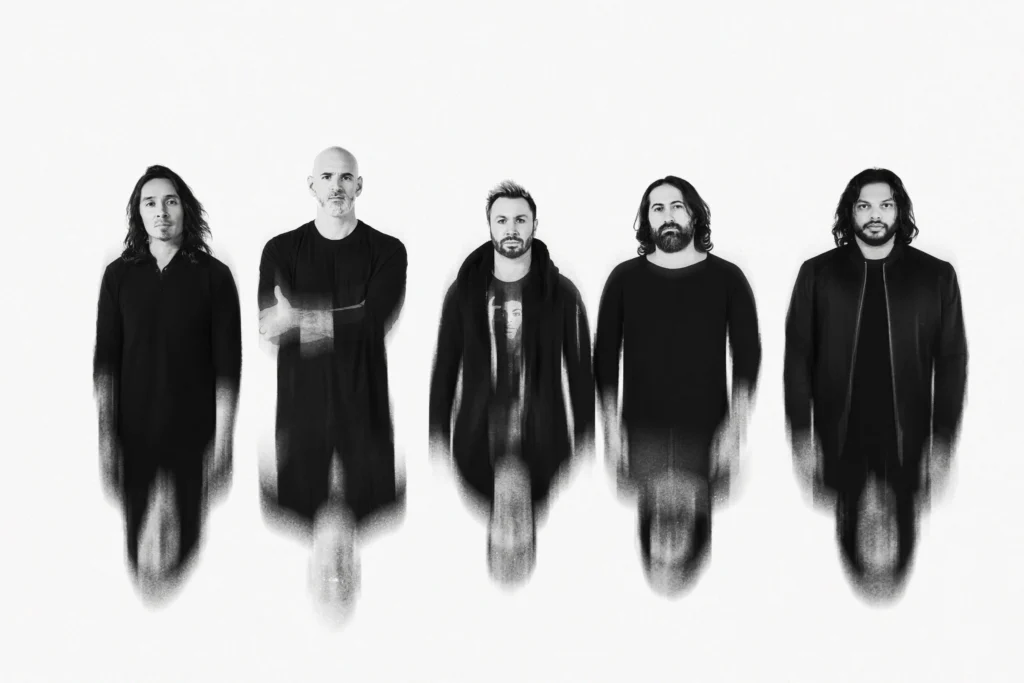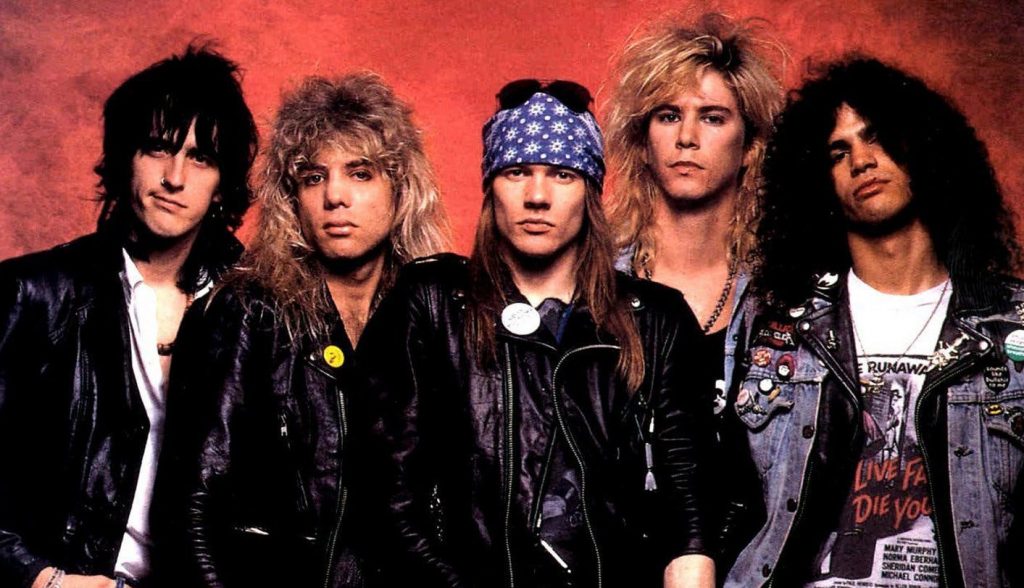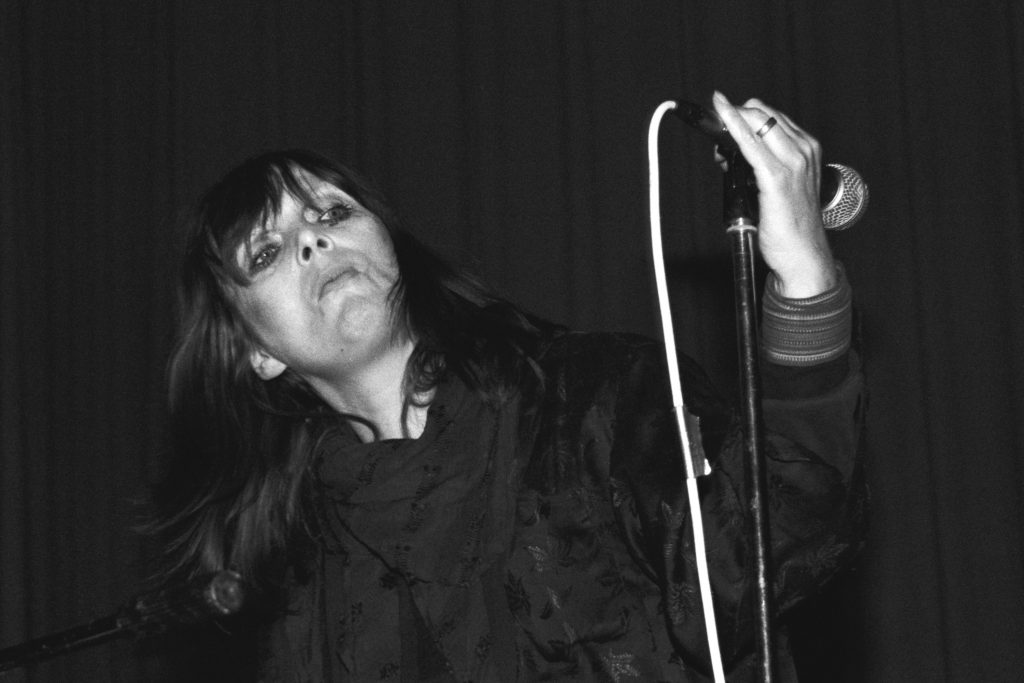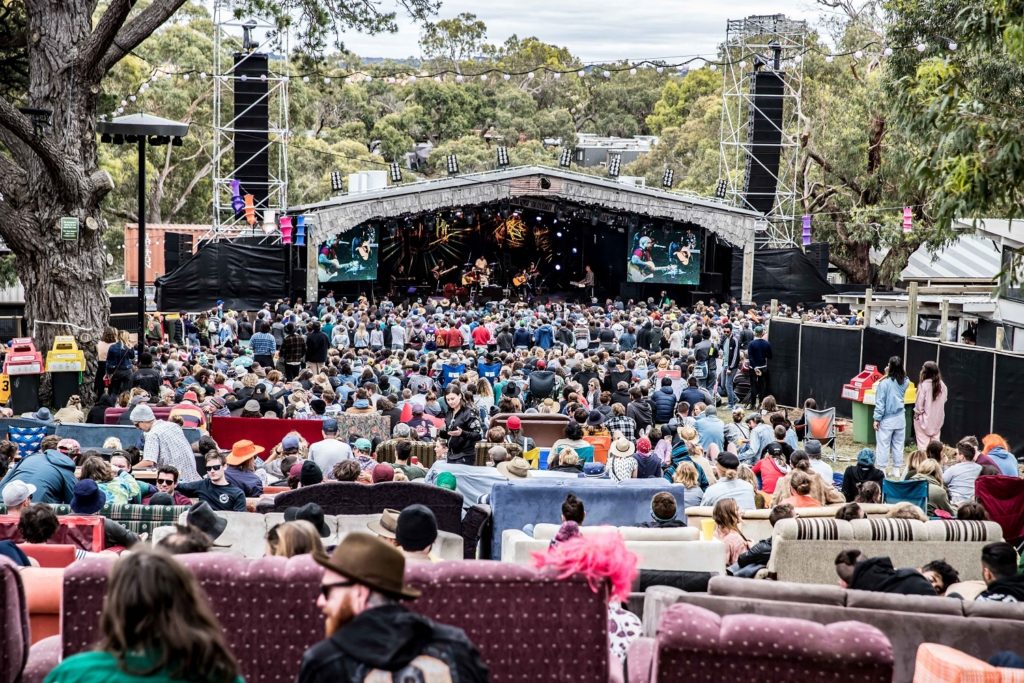“The launch is gonna be awesome,” Jones says. “I’m really excited about it because we get to play with all these other bands we really like – Bugdust and Bottle of Smoke, Yard64 and Black Devil Yard Boss. It’s a lineup where I actually want to stick around and see everyone, which doesn’t always happen. I guess it’s going to be a hard rock bonanza.”
Of course the purpose of the gig is to give the album a pat on the ass and send it out into the world. Red Flags was produced by Tom Larkin, best known as the drummer for Kiwi expats Shihad. “Ben, our drummer, has had a bit to do with him around the traps through the drums,” Jones says. “We recorded it down at the Basement Studios in Ferntree Gully then took it to Tom, and he added so much to it. It was really worth it.” The result is a hard-hitting, natural-sounding recording which captures the rawness, power energy of the band, pushing and pulling with the precision of their songwriting and arrangements. “We recorded the album within a week, and it could even have been done a little quicker,” Jones says. “We got a little bit anal over a few things, and it’s just because we’d played the crap out of them and knew exactly how it should be. I like it like that. We worked out the songs before going in, and then just changed little things. It’d be weird to do it the other way.”
The band doesn’t shy away from the grunge tag, but they don’t exactly set out to be merely put into that bag either. It’s more a matter of just doing what they love. “When we started this band we just wanted to write music that made us feel something. For me I like darker, aggressive music – but no horror influences or anything like that. Sort of real-life music. That was our aim and I think I accomplished that.” So why does Jones think people are drawn to darker music? Why do fans and proponents of heavy music respond so much more readily to doom and darkness compared to lightness and poppiness? “Maybe it’s because most of us have jobs and we can’t really let that side of us out,” Jones ponders. “We tend to go towards that side to get that fixation. You have aims in a band, but personally I’ve never aimed to be aggressive and in your face. I’ve just let whatever happens happen, and if you like it it’s good enough.”
As for the band’s links to the grunge sound, Larkin puts it down to the experimentalism of the genre, and the ‘what the hell are we going to do now?’ musical climate of the early ’90s. It was also the last decade where the album really meant something, before iPods and playlists and shuffle buttons turned focus towards the individual song. “The ’90s is one of my favourite decades,” Jones says. “It’s interesting, the iPod thing, because it’s like everyone’s attention span has really diminished. Nobody listens to albums any more. They just chuck it on shuffle.” He ponders for a minute. “I guess it’s good to be varied. Obviously with all the hair metal, something needed to change. And it feels a bit like that to me at the moment too. That weird ’80s stuff is still sticking around on triple j. It’s pretty sad. It’s just really soft! And that’s all you hear, and it makes you not listen to the radio!”
The Charge formed a few years ago, when the various members all decided they’d had jack of being in other bands that weren’t quite doing it for them. “We’ve all been playing in different bands for probably over ten years each, coming from similar sorts of projects that just didn’t gel,” Jones says. “We got fed up being in other bands, and wanted to take control. That’s where the name came from: we wanted to take charge, and that suited because we wanted it to be really aggressive and charging. Our drummer was in The Go-Set, that sort of Dropkick Murphys-influenced band, and the rest of us were in rock things.”
Jones started playing guitar when he was 17, inspired by players like Jimi Hendrix and Metallica’s James Hetfield. But on the other hand, he also found his ear drawn towards the less chaotic, more scatter-shot methods of Neil Young and Kurt Cobain. “They were really scrappy and it really meant something,” he says. “You can’t do that stuff on purpose. Have you ever tried to stuff up on guitar? I remember I was teaching someone a little while ago and I was trying to do what they did, make the crappy noises to show them what they were doing wrong, and I couldn’t do it! I mean, it’s all got to come from somewhere real.”
